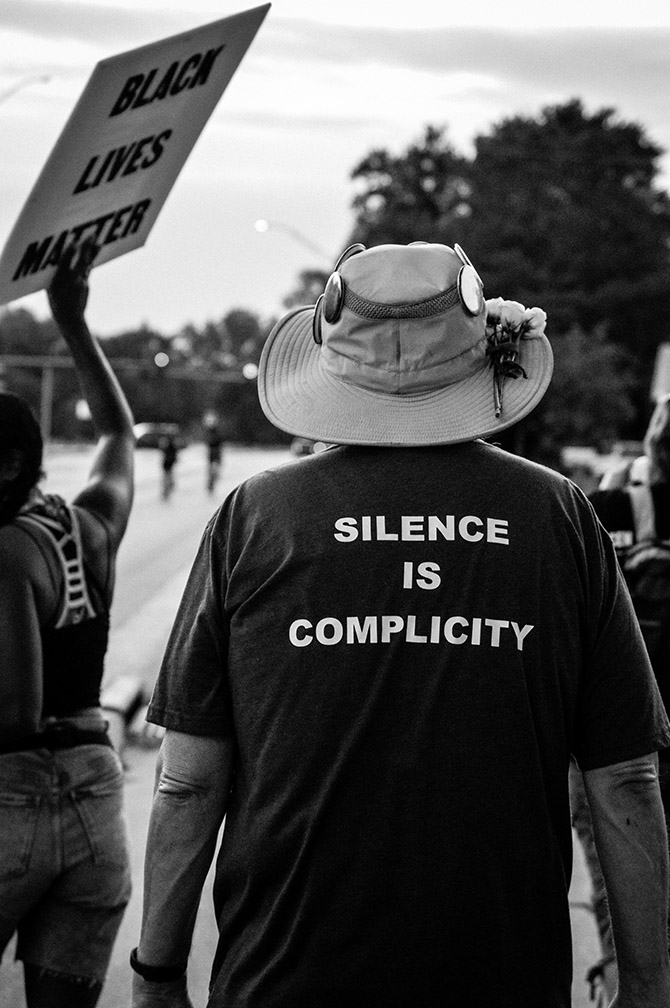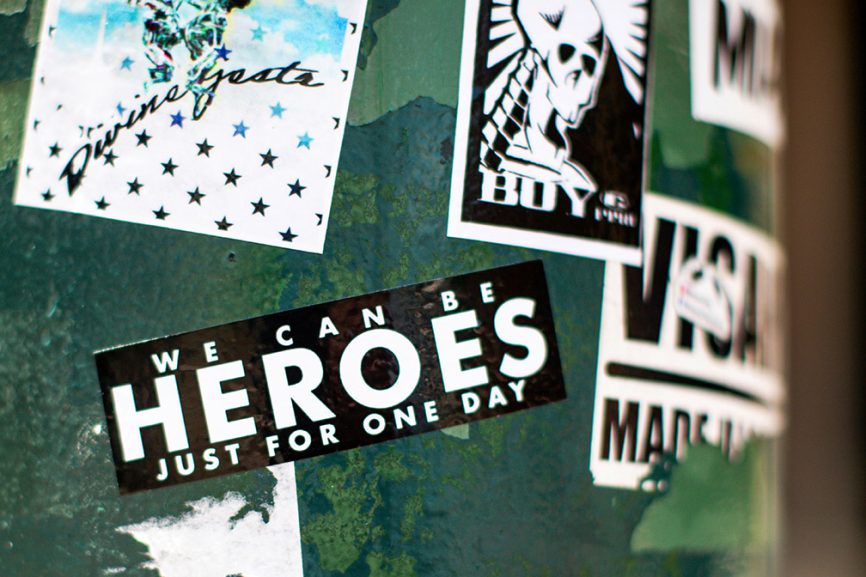by: Rev. Anna Golladay
As we watch the potential appointments being made by the incoming presidential administration, today feels like a good day to reflect on the transformative power of unlikely heroes. These heroes remind us that God’s justice often emerges through unexpected people, disrupting systems of oppression and advancing God’s vision of liberation and equity.
Let’s think about Rahab, a woman of immense courage and faith whose story invites us to reconsider the boundaries of inclusion and the call to social justice. How might her courage embolden us in our current political moment, asking how we, as a people of progressive faith, might cultivate hope and work for justice in a world yearning for change.
Rahab, a resident of Jericho and a Canaanite, was also a woman whose profession as a sex worker marginalized her within her own society. By every worldly standard, Rahab was an outsider—someone overlooked and underestimated. Yet, it was Rahab whom God called to be an instrument of liberation.
When two Israelite spies came to Jericho, Rahab took them in, protecting them from capture and aiding their mission. By doing so, Rahab aligned herself with a vision of justice that transcended her immediate reality. She acted not out of obligation but out of faith, saying, “I know that your God is God in heaven above and on the earth below” (Joshua 2:11).
Rahab’s actions reflect a deep moral courage. She risked her safety to protect vulnerable outsiders, challenging the oppressive structures of her city. In return, God honored her faith and bravery by saving her family when Jericho fell. Rahab’s story did not end there. She became part of the lineage of Jesus Christ, demonstrating that God’s work of justice and redemption includes those society deems unworthy or unclean.
Rahab’s story is a call to reimagine who belongs in God’s kingdom. It reminds us that justice is not about who fits the mold of respectability but about who is willing to take bold risks for what is right.

As we look to our current moment, we see a world marked by division, inequity, and uncertainty. The incoming Trump administration brings with it radical concern. Many of the appointees and leaders have been viewed as unlikely figures—some polarizing, others unexpected. Yet, as people of faith, we believe in the possibility of transformation and the power of God to work through anyone to bring about justice.
The story of Rahab challenges us to hold a dual perspective: to remain critically engaged with systems of power while also remaining hopeful that God’s work of justice can emerge even in unlikely places. We cannot ignore the injustices around us—whether they take the form of economic inequality, racial injustice, or threats to the dignity of the marginalized. At the same time, we can advocate, pray, and act with the conviction that change is always possible.
Unlikely heroes in our time may not come from positions of power. They may be the grassroots organizers, the advocates for human rights, the whistleblowers, and even the public servants whose quiet integrity disrupts unjust systems. Like Rahab, these individuals may come from the margins, yet their actions ripple out to transform society.
Rahab’s story teaches us three profound lessons that align with a progressive vision of faith and social justice:
- God’s Justice is Inclusive
Rahab’s inclusion in the lineage of Jesus shows that God’s justice knows no bounds of ethnicity, gender, or social status. In our time, this compels us to fight for a world where everyone—regardless of race, religion, sexuality, or economic background—is treated with dignity and respect. As we engage with the next four years, let us demand policies and actions that reflect this expansive vision of justice. - Faith Requires Risk
Rahab risked her safety to protect the spies and align herself with God’s liberating power. Likewise, faithful action today requires courage. It means standing with the marginalized, speaking truth to power, and dismantling systems of oppression. Whether we are advocating for climate justice, immigrant rights, or access to healthcare, we are called to embody a faith that acts boldly. - Hope is Found in Transformation
Rahab’s transformation—from an outsider to a central figure in salvation history—reveals that no one and no situation is beyond redemption. As we look to leadership and governance, let us hold onto hope that even the most unlikely people and circumstances can be agents of justice and change. But hope also requires action. It is not passive but a force that fuels our commitment to building God’s beloved community.
As progressive people of faith, we are called to be co-creators with God in building a world where justice flows like a mighty river. The next four years offer us both challenges and opportunities. We must remain vigilant, holding leaders accountable and advocating for policies that reflect the values of equity, compassion, and inclusion. Yet, we must also remain hopeful, trusting in God’s ability to bring about change through unexpected means.
Rahab’s story reminds us that the work of justice is not confined to the powerful; it is carried out by ordinary people who are willing to act courageously. It reminds us that God’s vision is broader than our own and that God’s justice includes all people—especially those at the margins.
Convergence maintains an unwavering commitment to the work of liberation and offers courses, consulting and assessments that help you identify the strengths and shortcomings of your community. As we enter the future, our preparation for resilience will be more important than ever. Please reach out and let us know how we can help you and your ministry prepare for these times.

